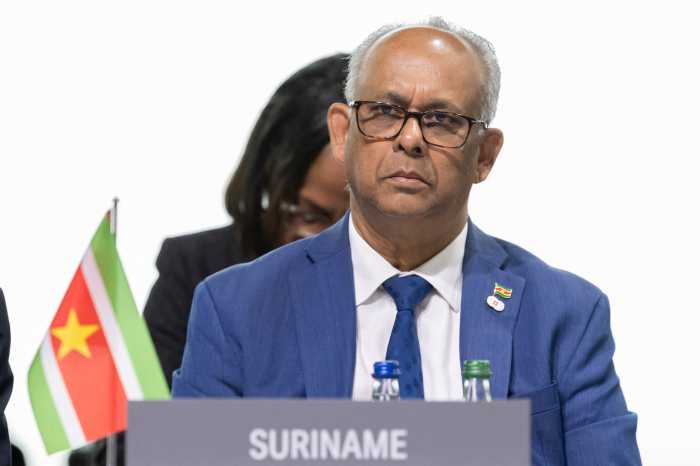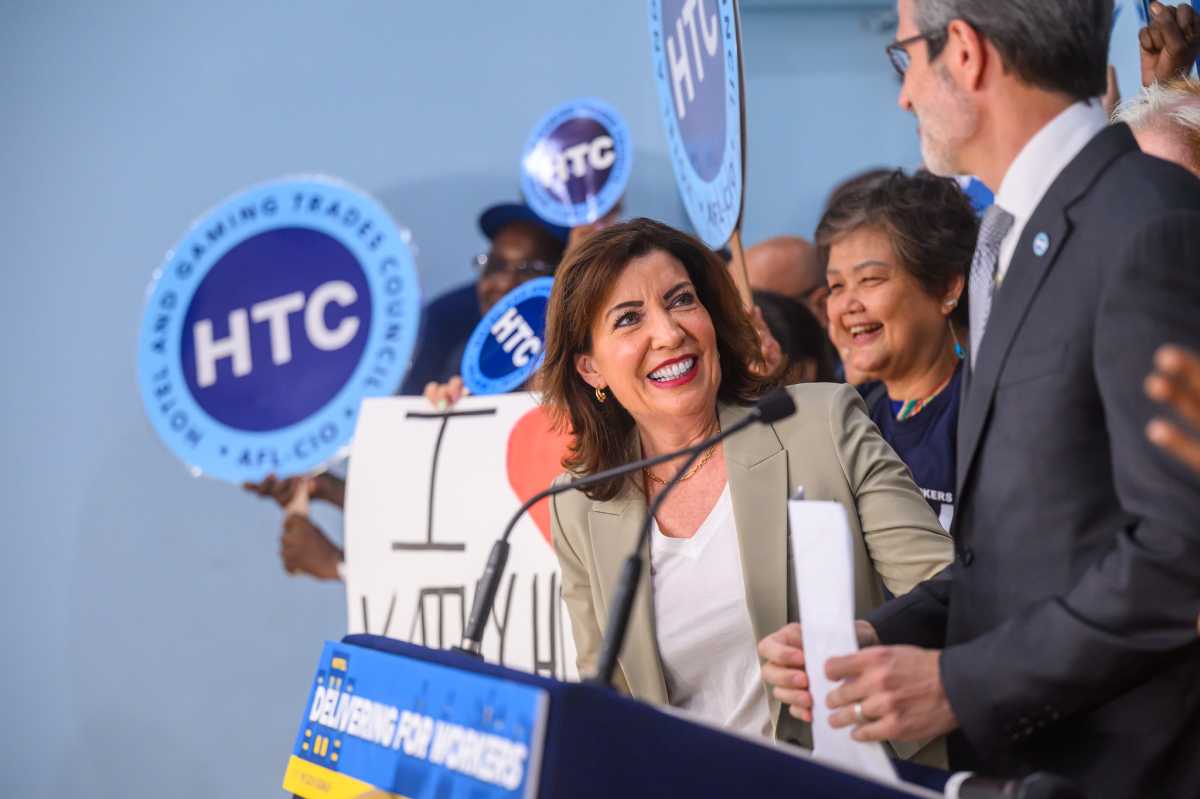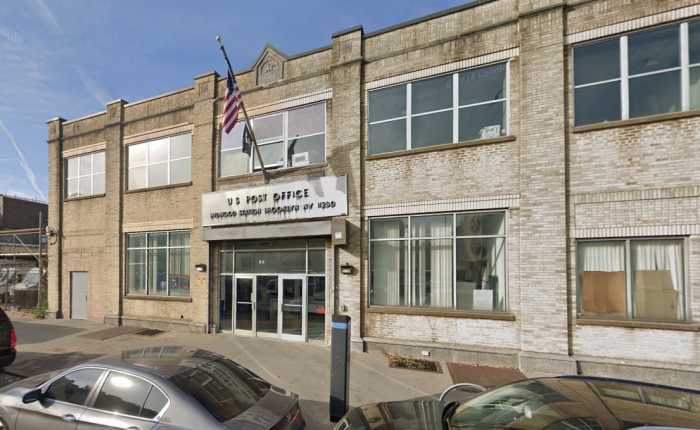Caribbean leaders have been swift in reacting to the death of Venezuelan President Hugo Chávez Tuesday, Feb. 5, expressing profound sadness over the loss of the socialist firebrand, after a long battle with cancer.
The former Venezuelan Army tank commander died at Venezuela’s Military Hospital, just a few months after winning a fourth presidential term that would have kept him in office until 2019, the government said. Antigua and Barbuda Prime Minister Baldwin Spencer was too “distraught and devastated” and needed time to collect his thoughts. In Jamaica, both Prime Minister Portia Simpson Miller and Opposition Leader Andrew Holness expressed sorrow on Chávez’s passing.
Describing him as “a faithful and avowed friend of Jamaica,” Simpson Miller said she was deeply saddened by his passing, “Although it was well known that President Chávez was battling very serious health issues, I was always of the view that the brave and courageous fighter that he was would have led him to overcome the challenge with which he was afflicted,” she said in a statement.
Simpson-Miler said she came to know Chávez personally in the last few years and found him to be “a sincere, jovial, and a very vociferous and committed leader in the defence of the rights and welfare of the most marginalized and vulnerable in the society and a fighter to correct inequalities in his country, the Americas, and the Caribbean region”.
The Jamaican leader said Chávez’s “call for conscience” and persistent efforts to introduce and maintain the operation of the PetroCaribe agreement are “living” testimonies of “the high esteem” in which he held the people of Jamaica and the region as a whole. “I will miss him dearly. Long live my friend. Long live Mr. President. Gone but not forgotten,” she said.
Holness described Chávez as “a good man with a good heart and had a special place in his heart for” Jamaica.
Prime Minister Roosevelt Skerrit of Dominica said he had lost “a personal friend”, and was “deeply saddened” by Chávez’s death.
Besides receiving oil at concessionary rates from Venezuela, Dominica, St. Vincent and the Grenadines, and Antigua and Barbuda, are among few non-Spanish-speaking Caribbean nations that are members of the Bolivarian Alliance for the Peoples of our America (ALBA), an international organization based on the idea of the social, political and economic integration of the countries of Latin America and the Caribbean.
“What we have done for ourselves alone dies with us; what we have done for others and the world remains and is immortal,” Skerrit said.
“At this hour, I ask that each of you place the family of President Chávez and the people of Venezuela in your prayers. We share the pain and great loss,” he added.
“The impact of these policies on the lives and well-being of Caribbean people will be recorded, I am sure,” Skerrit said. “Comrade Chávez did all for the people not only of Venezuela, but for Latin America and, indeed, the world.”
“He will be remembered also for bringing the Caribbean and Latin America together,” the Dominican leader continued. “I have lost a personal friend, a comrade, a colleague.
offering his “sincere condolences to the people of Venezuela on the death of President Hugo Chávez.”
Prime Minister Laurent Lamothe said: “Today is a sad day. The world has lost a great leader in President Hugo Chávez. Haiti will forever be grateful to him.”
Haiti, like several nations in the English-speaking Caribbean, is also heavily indebted to Venezuela, using the discounted PetroCaribe oil fund to pay for government programs.
The Haitian city of Jacmel is where the Venezuelan flag was created.
At the Washington-based Organization of American States (OAS), Secretary General José Miguel Insulza expressed condolences on the “sad passing” of the Venezuelan president.
“It is a time of great sorrow for Venezuelans, and we stand with them, together with all the peoples of the region,” he said.
“We are certain that Venezuelans will know to come together in difficult times like these, and move in peace and democracy toward the future,” he added.
Insulza said the flags of the OAS have been placed at half mast and a special meeting of the OAS Permanent Council will be convened in memory of Chávez.
The Venezuelan president had survived four elections, a coup and a recall attempt as he became one of Latin America’s most charismatic, influential and controversial leaders.
Chávez’s passing puts Vice President Nicolás Maduro at the helm of Latin America’s fifth-largest economy until new elections can be scheduled within 30 days. It also leaves a power vacuum in this nation of 27 million, where Chávez had been the face and force of his administration since 1999.
Chávez had been fighting an undisclosed form of cancer since at least June 2011, and had undergone four rounds of surgery, chemotherapy and radiation.
His last round of treatment began Dec. 10, when he was rushed onto an airplane for Cuba. The surgery was plagued with problems and led to a respiratory infection, which required a tracheotomy that made it difficult for the once-verbose leader to speak, officials said.
Using the nation’s vast oil wealth to push through socialist reforms and build a collation of like-minded leaders in Latin America and the Caribbean, Chávez became a darling of the global left and beloved by many of the nation’s poorest.
As he built homes, hospitals and schools, his “21st Century Socialism” significantly reduced the income gap.

























